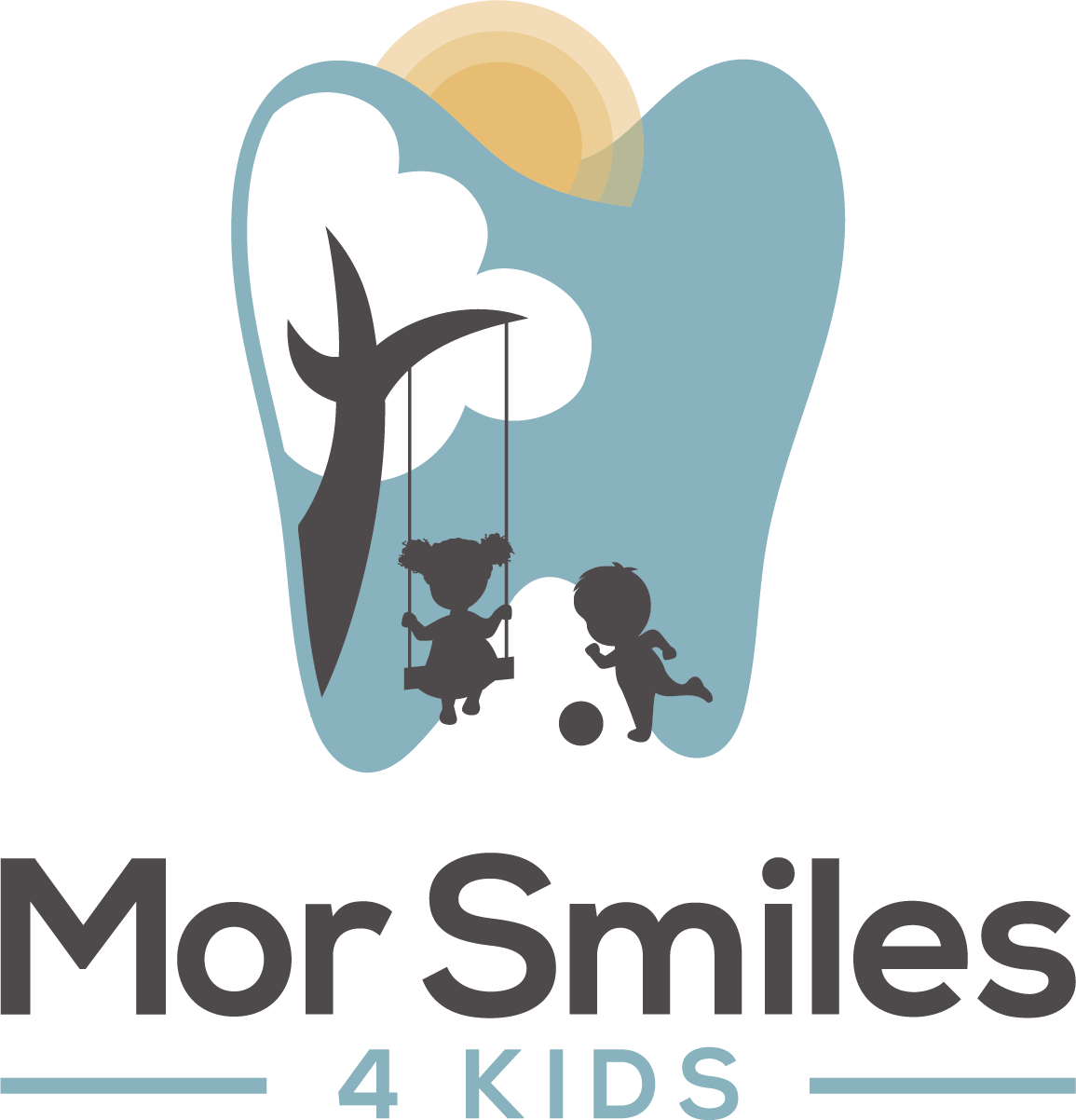Oral and Facial Trauma
It is very important to take care of oral and facial trauma in children as soon as possible. This type of trauma can lead to serious problems if it is not treated properly. Some of the most common problems associated with oral and facial trauma include tooth loss, infection, nerve damage, or facial scarring.
At Mor Smiles 4 Kids, Dr. Josh Morales provides a variety of oral and facial trauma care procedures.
-
What are some common types of oral and facial trauma in children?
There are a few different types of oral and facial trauma that can occur in children. The most common type is an injury to the teeth, which can often happen when a child falls and hits their mouth. Other common types of oral and facial trauma include injuries to the lips, gums, palate, and jaw.
If your child experiences any type of oral or facial trauma, it's important to take them to the dentist or doctor right away for treatment. Depending on the severity of the injury, they may need stitches, x-rays, or other treatments. It's also important to monitor your child for any signs of infection or other complications.
-
How can you tell if your child has sustained an oral or facial injury?
There are a few signs that you can look for to determine if your child has sustained an oral or facial injury. First, check for any cuts or bleeding in the mouth or on the face. If there is any blood present, it is likely that there is an injury. Second, check for swelling in the area. This could be a sign of internal bleeding or a more serious injury. Finally, check for any teeth that may be loose or missing. If your child has sustained an oral or facial injury, it is important to seek medical attention as soon as possible to ensure that they heal properly and avoid further complications.
-
What are the steps to take if your child has an injury to the mouth or face?
If your child has an injury to the mouth or face, the first thing to do is to assess the injury and determine whether it is serious. Some injuries, such as a cut on the lip, may only require a bandaid, while other injuries, such as a fracture of the jawbone, may require medical attention. Then take the following steps:
1. Clean the wound with mild soap and water.
2. Apply pressure to the wound with a clean cloth.
3. Apply a cold compress to the wound to reduce swelling.
4. Seek medical attention if the wound is bleeding heavily or if there is any debris in the wound that cannot be removed by washing it out.
If you are not sure what to do, it is always best to seek medical help. Some common symptoms that may indicate a more serious injury include:
- significant bleeding from the mouth or nose
- swelling that continues to get worse after 48 hours
- inability to open the mouth properly
- visible displacement of bones in the jaw or face
-
When should you seek help for oral and facial trauma care in children?
If your child has suffered any kind of facial or oral trauma, it is important to seek professional help as soon as possible. This is because even minor injuries can cause major problems if they are not treated properly.
Oral and facial trauma can occur from a variety of causes, including falls, car accidents, sports injuries, and fights. The most common type of injury is a dental fracture, which can occur when the teeth come into contact with a hard object. Fractured teeth can be extremely painful and may require immediate treatment by Dr. Morales.
If your child has suffered any kind of oral or facial trauma, it is important to take them to see a doctor or dentist right away. Delay in treatment can lead to further, more serious complications.
-
What are the potential consequences of untreated oral & facial injuries?
If your child sustains an injury to the face or mouth, it's important to seek medical attention as soon as possible. Untreated injuries can lead to several potential complications, including infection, scarring, tetanus, or nerve damage.
If the injury is left untreated, bacteria can begin to grow and spread, leading to an infection. Infections can cause significant problems, including tissue damage, fever, and in extreme cases, death. It is therefore important to see a doctor as soon as possible if your child experiences any kind of oral or facial injury. Untreated injuries can also lead to chronic pain and scarring. The sooner you seek treatment, the better your child's chances are of avoiding these complications.
-
How can you prevent oral and facial injuries to your child?
Children are naturally curious and exploratory, which can lead to them putting things in their mouths that they shouldn't. This can include potentially harmful objects like small coins, batteries, or sharp objects. It's important to keep dangerous objects out of reach and to be aware of the risks posed by common household items.
In addition, it's important to teach children about safety precautions related to oral health. They should know not to run with sharp objects, chew on non-food items, not to bite their nails, and not to suck on pens or other objects. These behaviors can lead to oral injuries like tooth fractures or lacerations on the face or in the mouth.
If an accident does happen, it's important to seek medical attention right away. Oral and facial injuries can be serious and may require surgery. In some cases, they can also lead to permanent damage.
